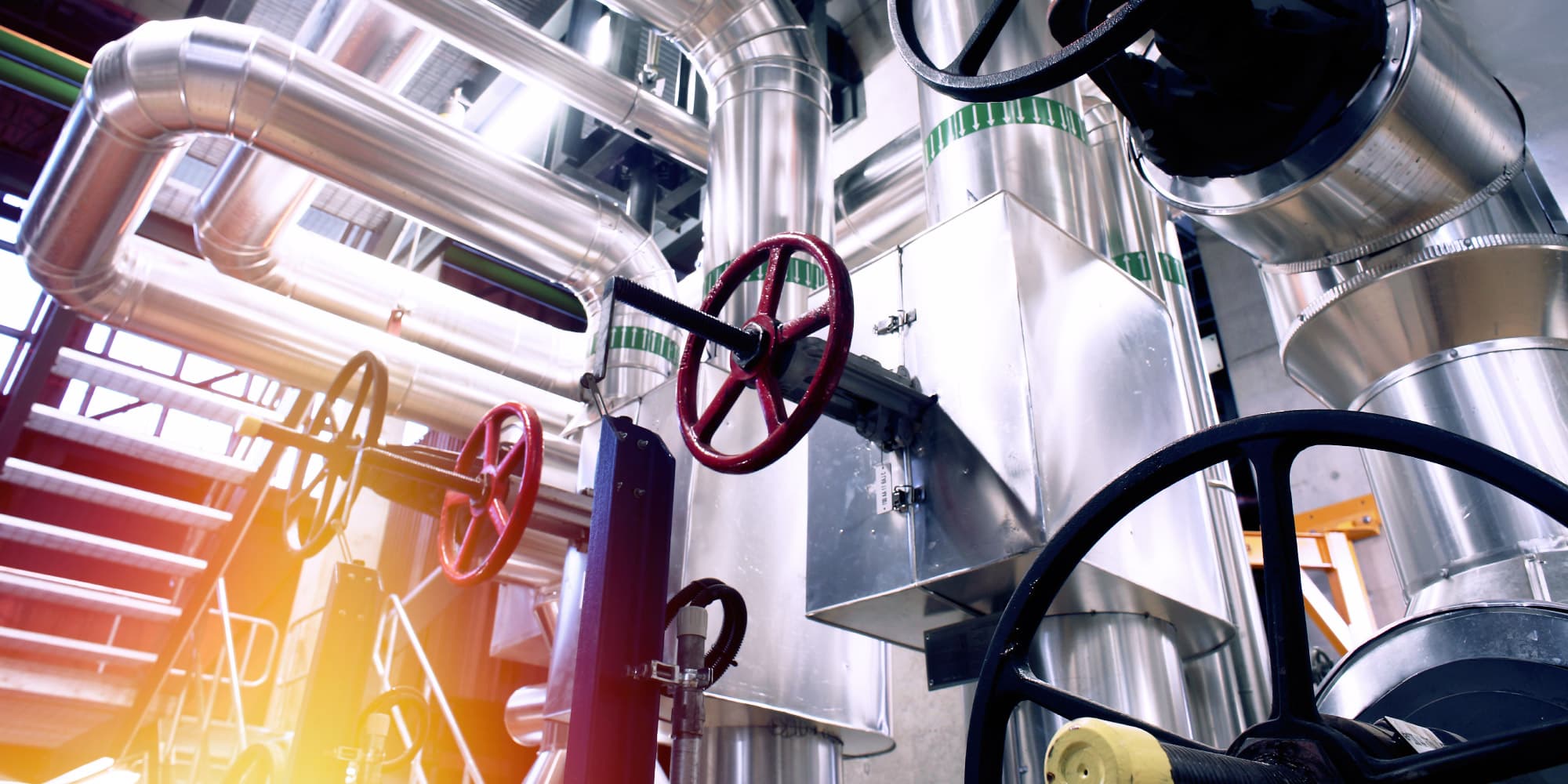Kris Hermus is innovation program manager Flanders at imec. He looks for opportunities to link imec’s expertise with the (innovation) needs of industry in Flanders. He focuses mainly on smart electronic systems (for the internet of things), that are low-power and compact. Recently, he worked with the company Hydroko and with startups Sensolus and Airobot in this field. Let’s take a look at the smart applications that these companies developed with support of imec.
The Internet of Things (IoT) refers to a world in which all things communicate with one another: domestic appliances, road infrastructure, heating boilers, lighting etc. Imec strongly believes in such a future and in the opportunities that it brings for industry. Kris Hermus: “Imec develops several of the building blocks that are needed to set up an internet of things. Just think of our work on sensors, algorithms and wireless communication solutions. We also developed an IoT testbed which allows companies to easily test the IoT applications they have in mind. Companies can come to imec for a broad range of things: a prototype review, technology exploration, setting up a system architecture, or development of a lab prototype.” Let’s give a few examples of these kinds of collaboration.
Hydroko: a smart water connection
Hydroko is an SME that develops smart main valves for residential buildings. The valves are referred to as ‘smart’ because they can be wirelessly monitored and controlled by the water company. Kris Hermus: “Imec supported Hydroko in designing the electronics module for the smart water connection. A major challenge in this design was the fact that the system should be battery-operated with an autonomy of 16 years. Another challenge was to guarantee a wireless connectivity in all circumstances, also in difficult locations such as cellars.” In recent news articles Hydroko and water company Water-Link announced that by 2020 all Antwerp homes would be the proud owner of this smart water connection. In june 2016 a concession agreement was signed in this context between Water-link and joint venture ENGIE Fabricom – Hydroko.
Sensolus: a GPS tracker
Sensolus is a Belgian start-up that develops GPS trackers to monitor objects for several years. They have clients in logistics, the art world, yachting and agriculture. Kris Hermus: “Sensolus came to imec for an evaluation of their SticknTrack GPS tracker. We examined the current hardware module and made some recommendations for future optimizations. Focus was mainly on reliability, manufacturability, testability, energy consumption and the quality of the wireless connection.”
Airobot: a distance meter for drones
Another Belgian Start-up that collaborated with imec is Airobot. They make modules for the save navigation of drones. These flying objects will become more and more important in the future and this for a broad range of applications in ‘The Internet of Flying Things’. Kris Hermus: “Imec helped Airobot with the commercialization of the Airobot Ranger. This is an add-on module for the safe navigation of drones. When inspecting or filming objects at altitude with drones it is very difficult to judge the distance between the drone and the object. Airobot solves this problem by offering a distance meter, comparable to a parking sensor for cars. The Airobot Ranger clearly indicates on a tablet the distance to an object such that the drone can capture detailed images of that object in a safe way. Together, Airobot and imec determined the best technologies to make a compact module. This study concerned electronic components, low-power wireless communication technology, and the integration of sensors and processor into a compact system.”
These are only a few examples of the numerous projects that Kris Hermus is working on: “It is so rewarding to work with innovative companies and help them with the translation of an innovative idea into a new or improved product. It’s great if you can help a hand during this process”
Published on:
30 September 2016













